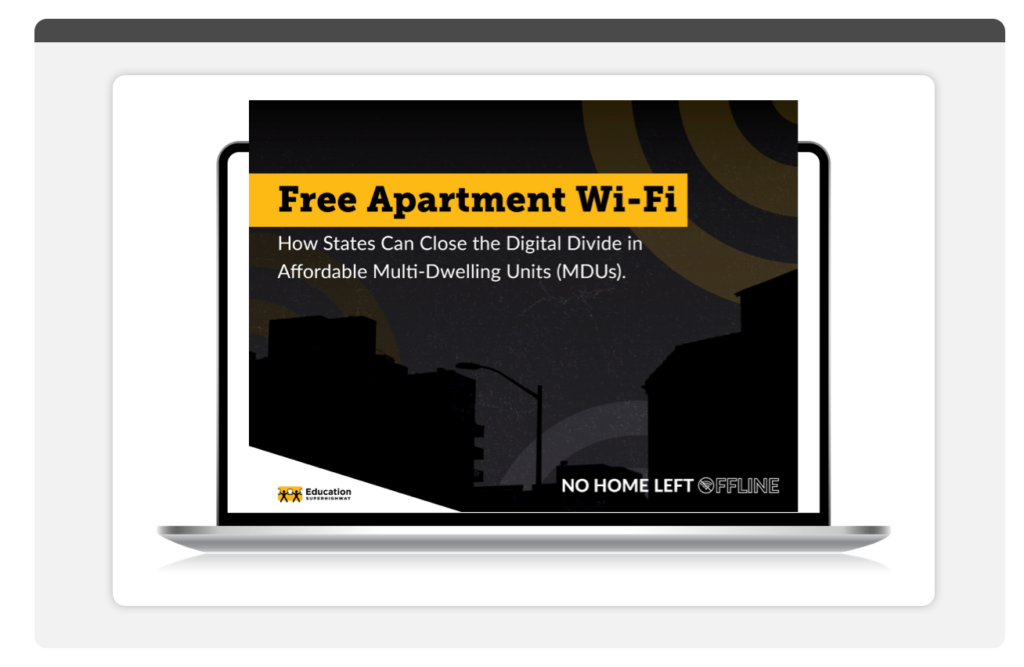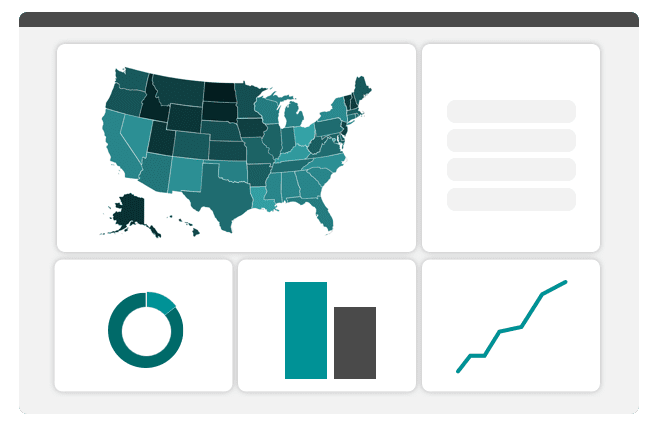In the digital age, access to the internet has become synonymous with access to essential services, education, healthcare, and opportunities. Bulk billing agreements for internet service have played a crucial role in ensuring that residents in multi-dwelling units (MDUs), particularly those in public and affordable housing, can affordably connect to the online world. However, the recent proposal to eliminate bulk billing agreements threatens to disrupt this vital lifeline, potentially diminishing competition and exacerbating disparities in digital access.
Bulk billing agreements for internet service allow housing providers to negotiate discounted rates with internet service providers (ISPs) on behalf of their residents. By consolidating multiple subscriptions into a single bulk agreement, housing providers can secure lower rates, making internet access more affordable for residents. This arrangement has been instrumental in bridging the digital divide, particularly for individuals and families with limited financial means.
For example, in North Carolina the City of Charlotte’s AccessCharlotte Program1, provides free internet to 2,000 households within privately owned naturally occurring affordable housing (NOAH) MDUs using funding from the Coronavirus Aid, Relief, and Economic Security (CARES) Act of 2020 & American Rescue Plan Act2. This initiative is part of a range of investments to promote digital inclusion and equity across the City and relies on a bulk billing arrangement with participating ISPs. Similar efforts exist in New York3 and Massachusetts4, where programs designed to connect residents in public and affordable housing involve bulk contracts with government entities or housing providers.
However, as we noted in our meetings with the FCC, the proposed elimination of bulk billing agreements for internet service in multi-tenant housing raises concerns about the future of digital access for vulnerable populations. Without these agreements, housing providers may struggle to negotiate favorable terms with ISPs, leading to higher internet costs for residents. At a time when the future of the Affordable Connectivity Program (ACP) remains uncertain, the unintended consequences of the FCC’s proposal would mean some of our nation’s most vulnerable populations would be unable to afford internet access, further widening the gap in digital literacy and access to online resources.
Without the incentive for ISPs to participate in bulk billing arrangements, residents may face limited options for connectivity. Moreover, the FCC’s proposal to eliminate bulk billing arrangements ignores the important role managed service providers (MSPs) play in the internet service market within multi-tenant housing. The majority of communities with access to the internet are limited to one or two incumbent ISPs, and many households in public and affordable housing struggle to afford the market-rate retail service offerings. The general lack of ISP competition already limits consumer options, especially for low-income residents. The FCC’s proposal would limit those choices even more by hampering the use of innovative solutions like managed Wi-Fi that the competitive MSP marketplace already deploys in the multi-tenant housing space. Although the FCC intends to create more choice for consumers with their proposal, they may accomplish the very opposite. Although the FCC intends to create more choice for consumers with their proposal, they may accomplish the very opposite.
The proposal also runs counter to the objectives of the historic federal investments to deploy broadband infrastructure and expand access to high-speed internet in underserved communities. The $42.5 billion Broadband Equity, Access and Deployment Program (BEAD) allows states to allocate funding to improve connectivity in MDUs, specifically through the deployment of managed Wi-Fi solutions in unserved and underserved MDUs. This critical investment is sorely needed in affordable and public housing properties that have been historically left behind or underserved by outdated technology because of aging internal wiring that can barely support DSL-type service. Bulk billing arrangements facilitate the capital investment for upgrades and improvements to connect residents.
The consequences of eliminating bulk billing agreements for internet service extend beyond economic considerations to impact education, telehealth, employment, and social inclusion. In an increasingly digital world, reliable internet access is essential for students to participate in online learning, for job seekers to search for employment opportunities, and for individuals to access telehealth services and government resources. Without affordable internet access, residents in multi-tenant housing may find themselves at a significant disadvantage, perpetuating cycles of poverty and inequality.
As policymakers consider reforms to internet service provisions, it is imperative to prioritize the needs of underserved communities and avoid the unintended consequences of the FCC’s current proposal.
- Access Charlotte Pilot Summary, https://www.charlottenc.gov/Growth-and-Development/Smart-Charlotte/Access-Charlotte ↩︎
- See page 27, https://www.educationsuperhighway.org/wp-content/uploads/Apartment-Wi-Fi-2023.pdf ↩︎
- New York City’s Big Apple Connect Program, run by the City’s Office of Technology and Innovation officially launched in September 2022 to ensure that residents of the New York City Housing Authority (NYCHA) residents have access to free, fast, reliable, and safe internet. NYCHA residents without existing home internet are able to sign up for Big Apple Connect with either Optimum or Spectrum. Existing Optimum and Spectrum customers will have their bills reduced to as low as $0, as monthly internet and basic cable TV charges are eliminated. This program is funded by the City which is pays the vendor directly. https://www.nyc.gov/assets/bigappleconnect/ ↩︎
- See CASE STUDY Metropolitan Area Planning Council and Urban Edge. pages 15, 28, https://www.educationsuperhighway.org/wp-content/uploads/Apartment-Wi-Fi-2023.pdf ↩︎






